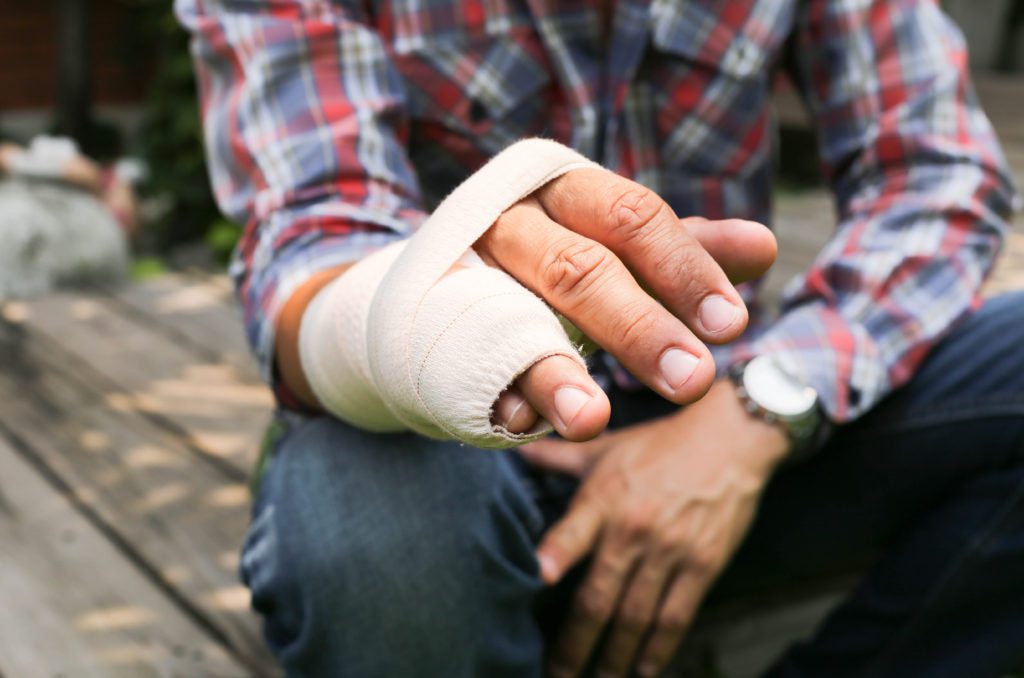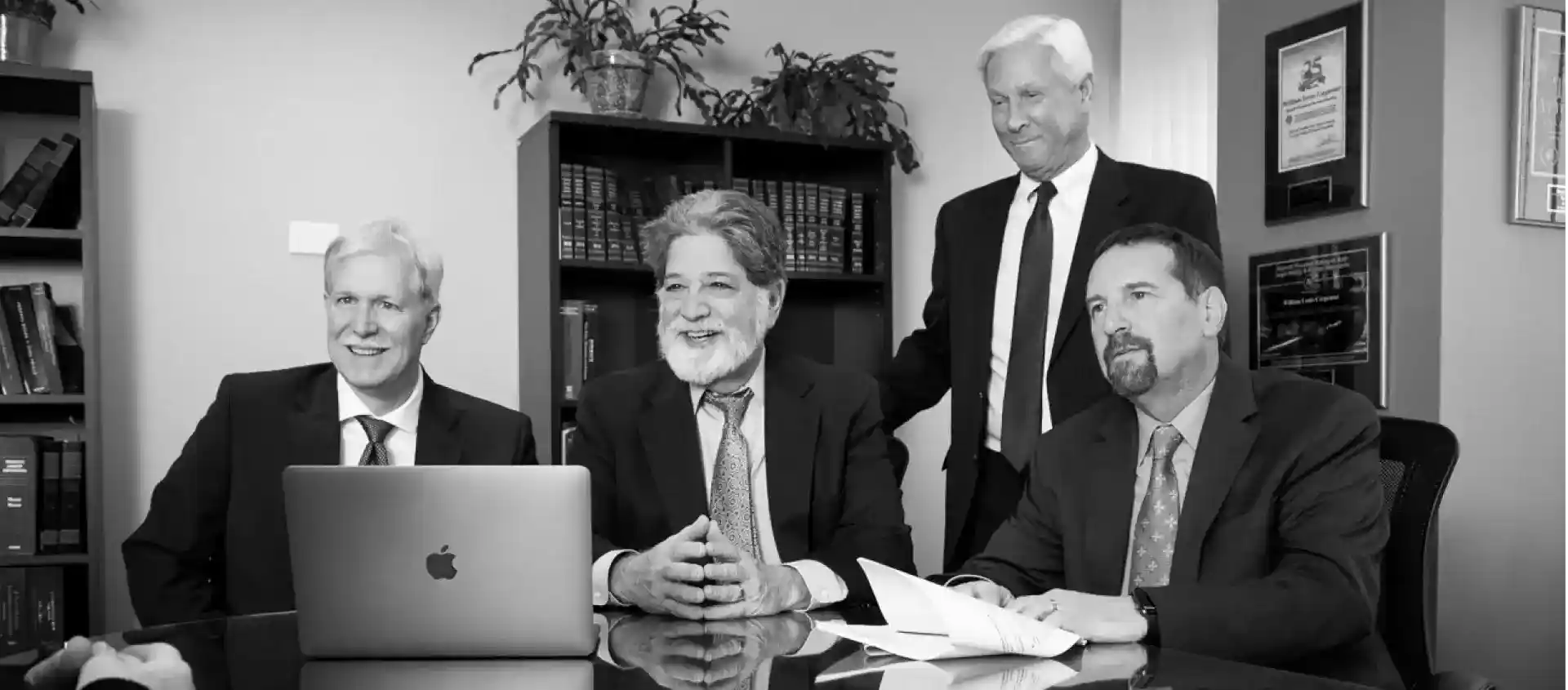
You might think that Colorado law would bar financial recovery for a person who has a drunk slip and fall accident. Fortunately, that is not the case. Landowners have a duty to protect all people—including people who are voluntarily intoxicated—from certain types of harm.
But your case won’t be easy to win if you have an intoxicated slip and fall accident in Colorado. That’s why you need a tough and aggressive personal injury lawyer to protect your rights and help you find justice. In Colorado, Gerash Steiner Blanton, P.C., is the law firm you can trust to protect your rights and fight for you and your family. As a victim of another’s negligence, you and your recovery are their priority. Contact us today.
Slip and Fall Liability in Colorado
Determining when a landowner bears responsibility for injuries to a person because of some condition on the land can be complicated. According to Colorado law, determining the injured person’s legal status is the first step in assessing whether the landlord is responsible for a victim’s injuries. The victim’s legal status determines the legal duty the landlord owes to the victim.
Colorado law recognizes three classes of victims in premises liability cases. They are trespasser, invitee, and licensee. We will discuss each in turn.
Trespassers
A trespasser is a person who enters and remains on someone’s property without the landlord’s consent. A trespasser can recover only for injuries deliberately and wrongfully caused by the landlord under Colorado law. For example, a trespasser cannot sue for tripping on a defective sidewalk. However, a trespasser could sue for negligence if the landowner intentionally set a trap to injure someone. Thus, trespassers will rarely be able to pursue a split and fall case against a landowner.
Licensees
Licensees also enjoy protection under Colorado law. Licensees are individuals who use another’s land for their own personal gain with the landlord’s permission or consent. Social guests are licensees according to Colorado law.
Landowners must protect licensees from an unreasonable failure to exercise reasonable care regarding dangers the landlord created. Additionally, the landowner must warn licensees about dangers known to the landowner but that are not ordinarily present on the property. For example, a slip and fall victim could have a claim for damages when, as a licensee, the injured person fell in a hole the landowner dug earlier in the day.
Invitees
Invitees have greater legal protection than trespassers and licensees. Invitees are people who use another’s property to transact business or use the property as a member of the public when the landowner permits. Landlords in Colorado owe invitees a legal duty to protect them from a failure to exercise reasonable care to prevent harm from dangers the landowner either knew or should have known about. However, agricultural or vacant landowners are liable only for dangers actually known to them. Invitees also have the right to sue for deliberate harm the landowner caused.
Here’s the classic example. You are an invitee when you go to your local supermarket to shop. That means you could file a complaint for damages if you slip and fall on spilled milk in the dairy aisle while shopping. But supermarkets are not the only place you would be an invitee. Generally, anytime you go into a business with the intent of buying something, you are an invitee. So, you are an invitee when you dine at a restaurant or go to the local pub for a few beers.
So, Who Is At Fault for an Intoxicated Slip and Fall?
Colorado law allows slip and fall victims to recover personal injury damages if the landowner acted negligently, even if you were intoxicated when you fell. The court will apply the appropriate legal standard to determine if the landlord is responsible. However, according to Colorado’s comparative negligence statutes, landlords can reduce or eliminate their liability.
According to Colorado Revised Statutes §13-21-111, a victim can win damages even if the person acted negligently—for example, by being a little tipsy—as long as the amount of negligence is less than the landowner’s negligence. You can win damages, but the jury must reduce your award by your percentage of fault. The law can be confusing, and you may wonder how this law works in court.
At the end of a trial, the judge instructs the jury on the relevant law. If the landowner produces evidence at trial that you were voluntarily intoxicated when you fell, then the judge will instruct the jury on comparative negligence. The judge will tell the jury that they should determine your total damage award if you prove the landowner is responsible for your injuries. Next, the judge will instruct the jury to assign each party’s degree of negligence in terms of a percentage. The law mandates the judge to reduce the victim’s award by the percentage of negligence found by the jury. The plaintiff would win a monetary award if the plaintiff’s negligence were less than the landowner’s. Conversely, the landowner would prevail if the plaintiff’s negligence is equal to or greater than the landowner’s.
Here’s an example to illustrate the legal principles involved. Suppose the jury awards you $100,000 for your losses but finds you were 20% at fault because of your intoxication. Then you would win $80,000.
Assumption of Risk
Assuming the risk of one’s behavior was a complete defense to a negligence claim under common law. Assuming the risk means that victims voluntarily or unreasonably exposed themselves to injury or damage even after appreciating the potential threat or danger. Colorado law continues to recognize the assumption of risk as a defense. However, Colorado Revised Statutes §13-21-111.7 includes the assumption of risk as a part of the jury’s comparative negligence analysis instead of total defense.
A landowner could argue that falling is an inherent risk of alcohol consumption. While true, the landowner remains responsible for protecting people from dangerous conditions. For instance, a jury could hold a bar owner accountable for injuries caused by a broken staircase railing even if the plaintiff was inebriated at the time.
What Can You Do to Protect Yourself If You Fell While Intoxicated?
Immediately contacting Gerash Steiner Blanton gives you the best chance to recover monetary damages. We will rely on our decades of trial experience to develop the best strategy for your case. Unlike other law firms, we keep our caseload small to focus intently on our clients’ needs. We focus on you so you receive the attention you deserve. Call us today for a free consultation, and let us help you like we have helped many other successful clients.

